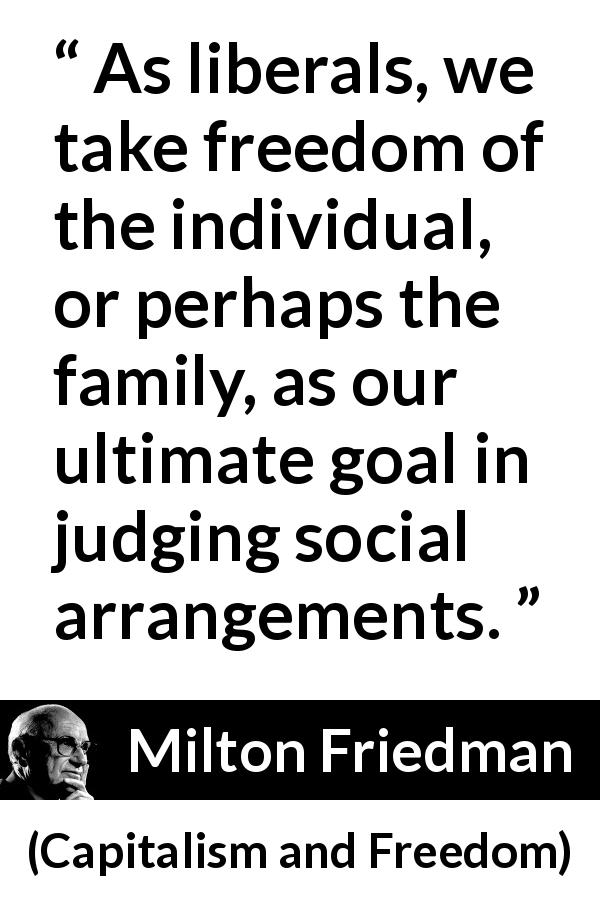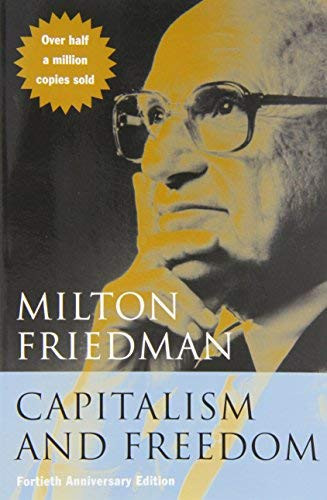

Shortform has the world's best summaries and analyses of books you should be reading. It would be best to educate yourself on the dangers of neoliberalism and neoconservatism, how the private and public sector are manipulated, and how the deep state keeps things status quo.This article is an excerpt from the Shortform book guide to "The Shock Doctrine" by Naomi Klein. It's nothing but fantasy as we can see the results of the private sector in the prison industry, healthcare/insurance, and so on, but he suggests let's go all in and privatize and deregulate everything. The Federal reserve is also privatized and runs our pyramid scheme of an economy, devaluing currency annually through inflation, how is that better than the greenbacks that were printed during Lincolns time that were still backed by metals? When the private sector has destroyed Healthcare and private loans trapped students in a quicksand of debt, how does it make sense to leave everything to the free market when there are big players in the private and public sector looking to abuse the structure by shooting as many holes through the already heavy free market society that we live in? How can you achieve fairness when you'd erect a system that blatantly favors the corporations, lobbyists, and bought politicians? There's a lot more to say, but I'd rather end with saying, do not do yourself a disservice by only reading this perspective as it is quite hollow and negates several aspects of our socioeconomic society, and reduces serious issues to non issues that would supposedly be solved in a pure free market. Another example, The revolving doors between policy makers and the corporations that are to be regulated flow freely and dictate our social condition and of future generations. The book doesn't even address neoconservatives and neoliberals who benefit the most from such an approach.

always lopsided in favor of militar spending. For example, let's look at the amount of money private contractors make from the govt and how skewed our budgets are. Many suggestions made in the book are actually a reality by now.

Now if we pause and take a breath, looking at America right now, we see many of the redundant solutions he presents, even if adopted 1/3 of the way would have enabled the current issues that Capitalist America faces. Why you ask? Most solutions presented fall back on total deregulation and relying on the free market/invisible hand. At times the teachings of this book are borderline perverse and severely brainwashy, failing to address key issues. However, as I kept reading, to my surprise, time and time again, I was bombarded with a reductionist view of our socio-economic climate that felt so outdated and out of touch with the current realities that we face in our economy.

There are times in the book where certain ideas about taxation and deregulation did make some sense. As some who favors a decentralized economy, I picked up this book with a open mind.


 0 kommentar(er)
0 kommentar(er)
